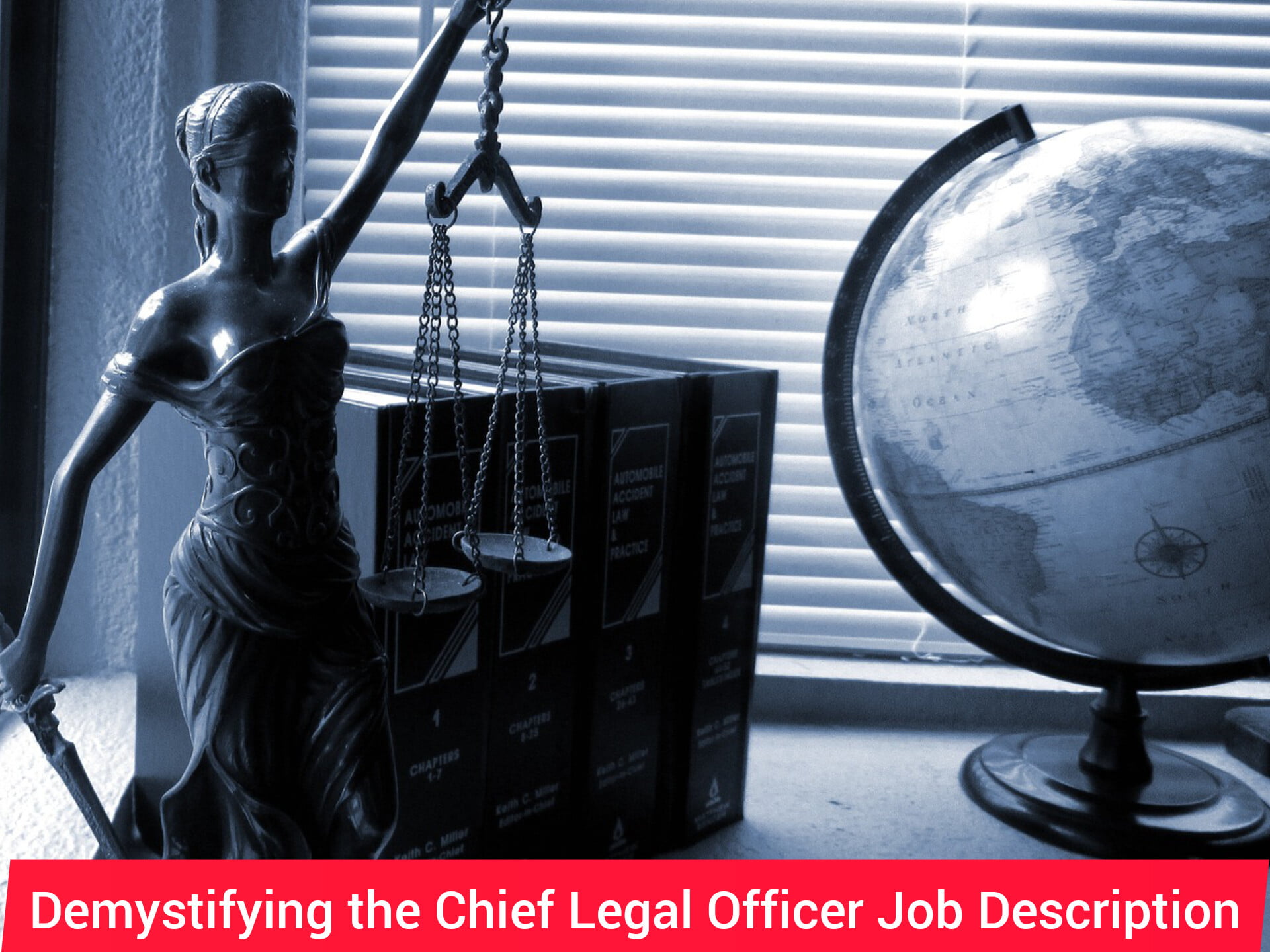The modern corporate landscape is marked by intricate legal challenges that demand strategic acumen and legal expertise. The Chief Legal Officer (CLO) stands at the forefront of these challenges, orchestrating legal strategies, mitigating risks, and ensuring unwavering compliance. This article unveils the multifaceted role of the Chief Legal Officer, delving into their responsibilities, qualifications, and the diverse skill sets that define this influential executive position.
Understanding the Chief Legal Officer Role:
Beyond being the highest legal authority within an organization, the CLO is a strategic partner, collaborating with the executive team to shape the company’s legal trajectory. The role necessitates a broader outlook, integrating legal considerations seamlessly into the organization’s overarching business strategies.
Responsibilities of a Chief Legal Officer:
The CLO’s portfolio encompasses a dynamic array of legal and strategic responsibilities, such as:
- Legal Strategy Pioneering: Crafting legal frameworks that harmonize with the company’s vision and goals.
- Holistic Risk Management: Identifying, evaluating, and proactively addressing legal and regulatory risks to safeguard the organization.
- Sentinel of Compliance: Ensuring the company’s operations adhere meticulously to an intricate web of laws and regulations.
- Architect of Contracts: Orchestrating the negotiation, drafting, and review of contracts to fortify the company’s interests.
- Navigator of Litigation: Adroitly steering through legal disputes and liaising with external legal counsel when needed.
- Maestro of Mergers and Acquisitions: Providing sage legal counsel during pivotal mergers, acquisitions, and strategic ventures.
- Guardian of Governance: Upholding stringent corporate governance standards and fostering an environment of ethical practices.
Qualifications and Skill Sets:
The journey to becoming a proficient Chief Legal Officer job description entails a mosaic of qualifications and competencies:
- Legal Pedigree: A robust legal foundation fostered by years of practice, often spanning roles in law firms or in-house legal departments.
- Business Intuition: Grasping the industry nuances, the company’s unique trajectory, and strategic ambitions to provide bespoke legal insights.
- Leadership Fortitude: Adept leadership skills to steer legal teams, collaborate harmoniously with fellow executives, and influence decision-making.
- Eloquent Communicator: Exceptional communication prowess to demystify intricate legal jargon for colleagues unversed in legalese.
- Strategic Visionary: The capacity to dissect legal intricacies within a panoramic business context, resulting in innovative solutions.
- Adaptability in Abundance: Given the ever-evolving legal panorama, a CLO must possess a penchant for learning and an agile mindset.
- Moral Compass: A commitment to unwavering ethical standards, steering the organization toward decisions steeped in integrity.
Conclusion:
In a world where legal landscapes evolve in tandem with business dynamics, the Chief Legal Officer emerges as a linchpin of success. This role melds legal acumen with strategic forethought, navigating the labyrinthine legal challenges while steering the company toward its objectives. As businesses grapple with an increasingly intricate web of regulations, the Chief Legal Officer’s expertise becomes an indispensable asset in ensuring compliance, curtailing risks, and propelling the organization’s triumph.
